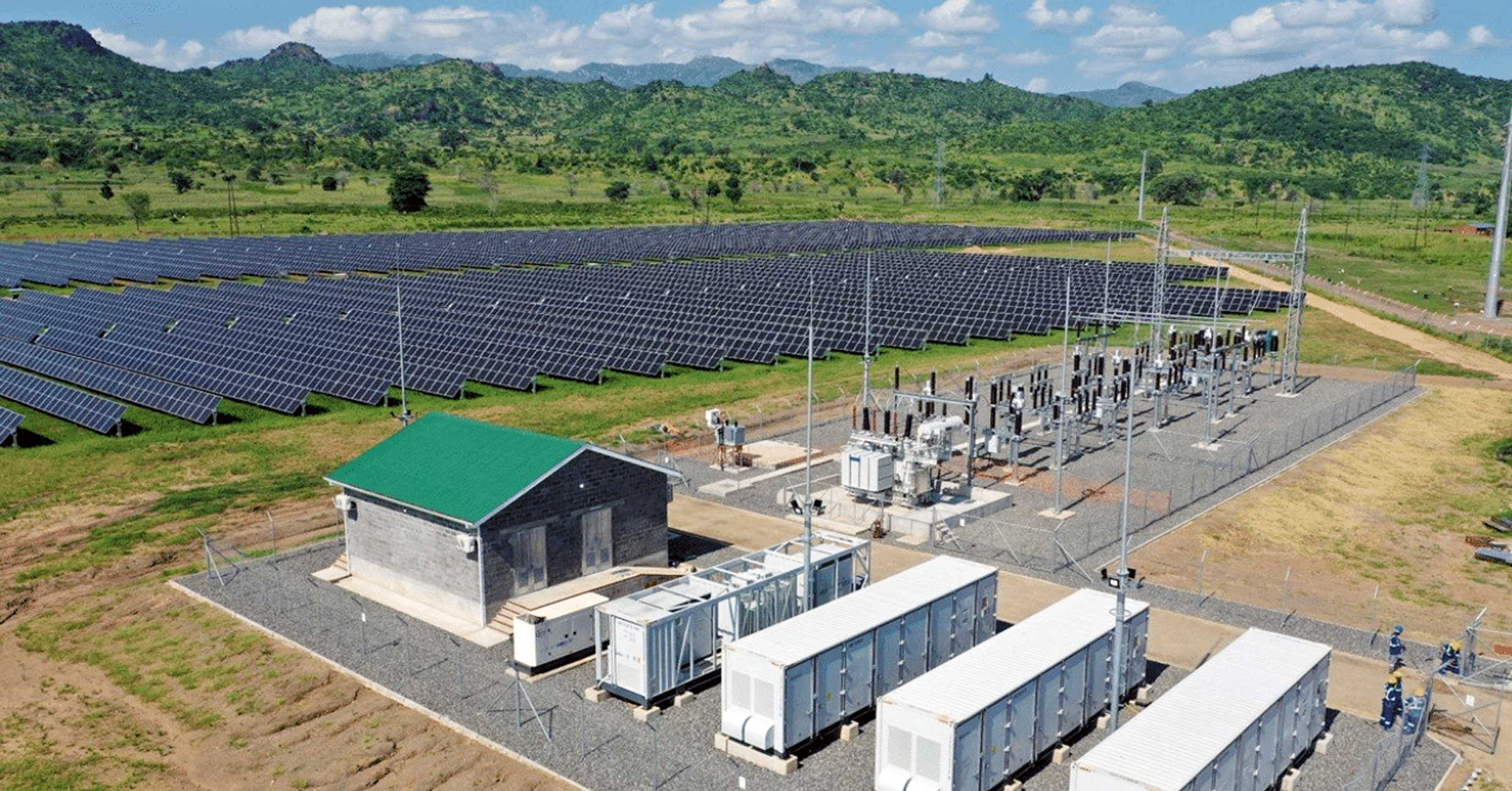The now-operational Kesses solar photovoltaic (PV) plant in Kenya, with a capacity of 40 MW, was constructed at a total cost of $87 million. The development of this plant was undertaken by the Private Infrastructure Development Group company in collaboration with the Emerging Africa Infrastructure Fund (EAIF) and various entities, including Standard Bank Group, Stanbic Bank Kenya, and Alten Kenya Solar farms.
Situated near Eldoret, which boasts the highest population concentration in Kenya’s Rift Valley province, the solar plant plays a crucial role in the region. Eldoret serves as a hub for local government, higher education, business and financial services, textile manufacturing, agribusiness, and sports tourism. By supplying clean and renewable power to Eldoret and neighboring communities, the Kesses plant significantly enhances productivity in the local economy.
All electricity generated by the plant is transmitted to the national grid through a 20-year take-or-pay power purchase agreement between Alten and Kenya Power and Lighting Company, the national energy utility. This achievement marks a significant milestone for EAIF, as it has now supported the development of green electricity generation in nine African countries, amassing nearly 1,000 MW of renewable generation capacity across its portfolio.
“We are delighted to witness the Kesses plant in action, further solidifying Kenya’s global leadership in renewable energy. Africa is at the forefront of solar energy potential, and more projects of this nature are essential to meet the continent’s growing energy demand while simultaneously reducing greenhouse gas emissions,” expresses Sine Zulu, the investment specialist at Ninety One, the manager of the EAIF fund.
Jorge Hernández Moro, the head of asset management at Alten, adds, “Projects like Kesses will propel the country toward achieving 100% clean energy generation by 2030, supporting Kenya’s economic progress and facilitating recovery from pandemic-induced losses, global supply chain disruptions, and rising inflation. This contributes to a more sustainable and inclusive future for the region.”

